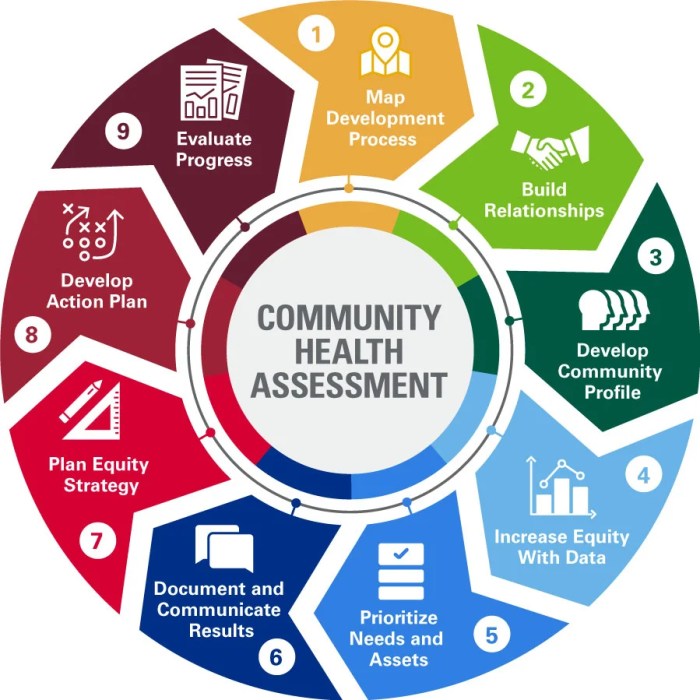Leadership and community health assessment capstone projects play a crucial role in improving community health outcomes. This capstone guide provides a comprehensive overview of the key concepts, roles, and responsibilities involved in these projects.
Through a collaborative and data-driven approach, community health assessment capstones empower leaders to identify health needs, develop action plans, and evaluate the impact of their interventions. This guide serves as an essential resource for students, practitioners, and community members seeking to advance their knowledge and skills in this field.
1. Defining Leadership and Community Health Assessment Capstone

Leadership in community health encompasses the ability to guide, motivate, and empower individuals and organizations to work collaboratively towards improving the health and well-being of a community. A community health assessment capstone project is a culminating experience that provides students with an opportunity to apply leadership skills and knowledge to address real-world health issues within a community setting.
The purpose of a community health assessment capstone is to assess the health needs and priorities of a specific community, identify potential solutions, and develop evidence-based recommendations for action. This project allows students to develop their leadership abilities, engage with community stakeholders, and contribute to the improvement of public health.
Key Components and Objectives, Leadership and community health assessment capstone
- Conducting a comprehensive needs assessment to identify health disparities and priorities.
- Developing a strategic plan to address identified health needs.
- Engaging community members and stakeholders in the assessment and planning process.
- Evaluating the impact of the assessment and plan on community health.
2. Leadership Roles and Responsibilities

Various Leadership Roles
- Project Manager: Oversees the overall project, coordinates team activities, and ensures project goals are met.
- Community Liaison: Establishes and maintains relationships with community members and stakeholders.
- Data Analyst: Collects, analyzes, and interprets data to identify health needs and priorities.
- Policy Advocate: Develops and advocates for evidence-based policies to improve community health.
Collaboration and Teamwork
Effective leadership requires collaboration and teamwork among team members. Each member contributes their unique skills and perspectives to the project, working together to achieve shared goals. Open communication, clear role assignments, and regular check-ins are essential for successful collaboration.
3. Community Engagement and Stakeholder Involvement

Community engagement is crucial for a successful community health assessment capstone. Engaging community members and stakeholders ensures that the assessment reflects the needs and priorities of the community. Strategies for engagement include:
Effective Engagement Strategies
- Community meetings and forums.
- Surveys and focus groups.
- Partnerships with local organizations.
Role of Stakeholders
Stakeholders, such as healthcare providers, policymakers, and community leaders, provide valuable input and support throughout the assessment process. Their involvement helps shape the assessment, ensure its relevance, and facilitate the implementation of recommendations.
Key Questions Answered: Leadership And Community Health Assessment Capstone
What are the key components of a successful leadership and community health assessment capstone?
Key components include defining leadership roles and responsibilities, engaging community members and stakeholders, collecting and analyzing data, developing recommendations and action plans, and evaluating the impact of the project.
How can community engagement be effectively fostered in a community health assessment capstone?
Effective community engagement involves building partnerships with community organizations, conducting outreach activities, and ensuring that community members have a voice in the assessment process.
What is the role of data analysis in a community health assessment capstone?
Data analysis helps identify health needs and priorities, inform decision-making, and track the progress of interventions.